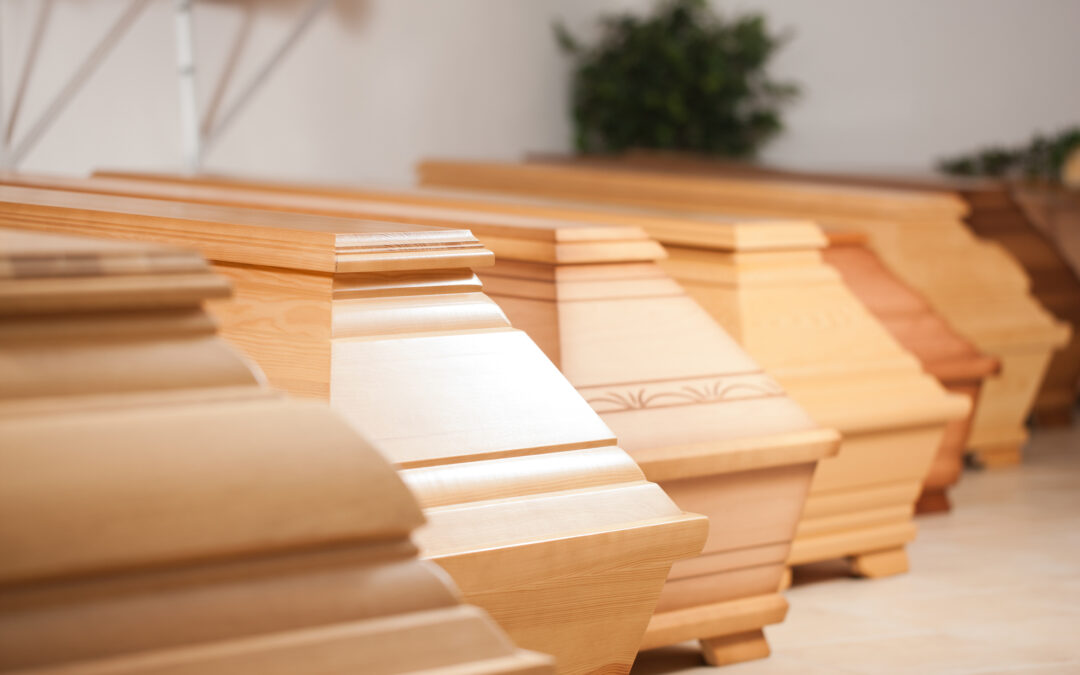How Judaism Views Death | The Jewish Funeral and Burial Process
The Jewish faith takes a unique perspective on death, and includes unique and meaningful customs to both honor the deceased and help facilitate the grieving process for those left behind. Let’s take a closer look at how Judaism perceives death and the ways that Jewish mourners pay their respects to a loved one who has died.
The Jewish Perspective on Death
Though there are references within Judaism of some form of afterlife, Jewish beliefs do not include a specific afterlife. Within Jewish teachings, life is to be embraced, though death is considered to be inevitable. Jewish tradition ascribes to:
- The immortality of the soul—Traditional Jewish belief is that the soul survives our physical body
- The “world to come”—This belief is referenced in many ancient Jewish texts, but is never expressly identified or defined. Two interpretations have evolved—it either refers to a “heaven-like” place where the souls of the righteous live after mortal death, or it refers to the perfect world that will accompany the coming of the messiah.
- The resurrection of the dead—This concept, explicitly referred to in the books of Isaiah and Daniel, is tied to the immortality of the soul, and holds that, during the Messianic Age, the temple will be rebuilt in Jerusalem and the bodies of the dead will be brought back to life and reconnected with their souls
What Happens before a Jewish Funeral?
According to Jewish law, a body must be committed to the earth as soon as possible after death, ideally within 24 hours. Before the funeral and burial, though, the body must be properly prepared. This includes both a ritual cleansing, as well as the dressing of the deceased in a plain burial shroud. The process of washing and preparing the body is handled by the Chevra Kadisha, who typically come from the decedent’s synagogue. Under Jewish law and tradition, only male Chevra Kadisha prepare a male body and only female Chevra Kadisha wash and dress a female body.
Unless required by law, the body of a Jewish person will not be embalmed. Cremation is also generally frowned upon in the Jewish tradition. Upon completion of the ritual cleansing and preparation, the body will be placed in a simple pine box for burial.
The Jewish Funeral and Burial Process
A Jewish funeral may be held at a synagogue, a funeral home or chapel, or even at the gravesite. There is generally no visitation of viewing of the body before the funeral. Furthermore, it is contrary to Jewish tradition to have an open casket.
The memorial service for a person of the Jewish faith is typically brief, running anywhere from 20 minutes to an hour. After the mourners arrive, the first act is customarily the Keriah, or ritual tearing of a garment or black ribbon. Often, this is done before entering the synagogue or chapel. There are usually opening remarks, either from a rabbi or family member, followed by prayers and a eulogy. Flowers are generally not a part of the Jewish funeral practice, and there is typically no music during the service.
For burial, the casket is brought to the grave, with pallbearers typically stopping seven times on their way to the grave. A prayer is then recited and the casket is lowered into the grave. Those present will then recite the Mourner’s Kaddish, a memorial prayer. The mourners will then take turns throwing a shovel of dirt on the coffin, an act that Judaism deems a mitzvot, or good deed.
Upon completion of the burial, immediate family members will immediately go to the Shiva house, where they will remain for a period of seven days. They may receive guests during this time, but typically don’t go to work. Personal grooming is not permitted during Shiva. All mirrors in the Shiva house are covered, and the mourners typically sit on low benches or chairs, on cushions, or directly on the floor.
Gutterman’s and Gutterman Warheit—Comforting and Guiding You in Your Time of Loss
At Gutterman’s and Gutterman Warheit, with funeral chapels in New York and Florida, we have provided comprehensive funeral and burial services to members of the Jewish faith for more than 125 years. We will assist you with every aspect of a funeral and burial, from the order of service at the memorial to the selection of a monument or marker, the creation of a Yahrzeit calendar or the details of preparations for sitting Shiva. We will also be your liaison with the Chevra Kadisha, helping ensure proper preparation of the body for burial under Jewish practices. We provide comprehensive funeral and burial services to individuals and families from all Jewish traditions.
If you need assistance with funeral and burial preparations after the death of a loved one, or simply want to learn how we can be of service to you, call us at one of the numbers provided below. We are available 24 hours a day, 7 days a week to assist you.
Gutterman’s & Gutterman Warheit — Where Relationships Matter
Family Owned and Operated Since 1892
Rockville Centre: (516)764-9400 | Woodbury: (516)921-5757 | Brooklyn: (718)284-1500
Boca Raton, FL: (561)997-9900 | (800)992-9262

